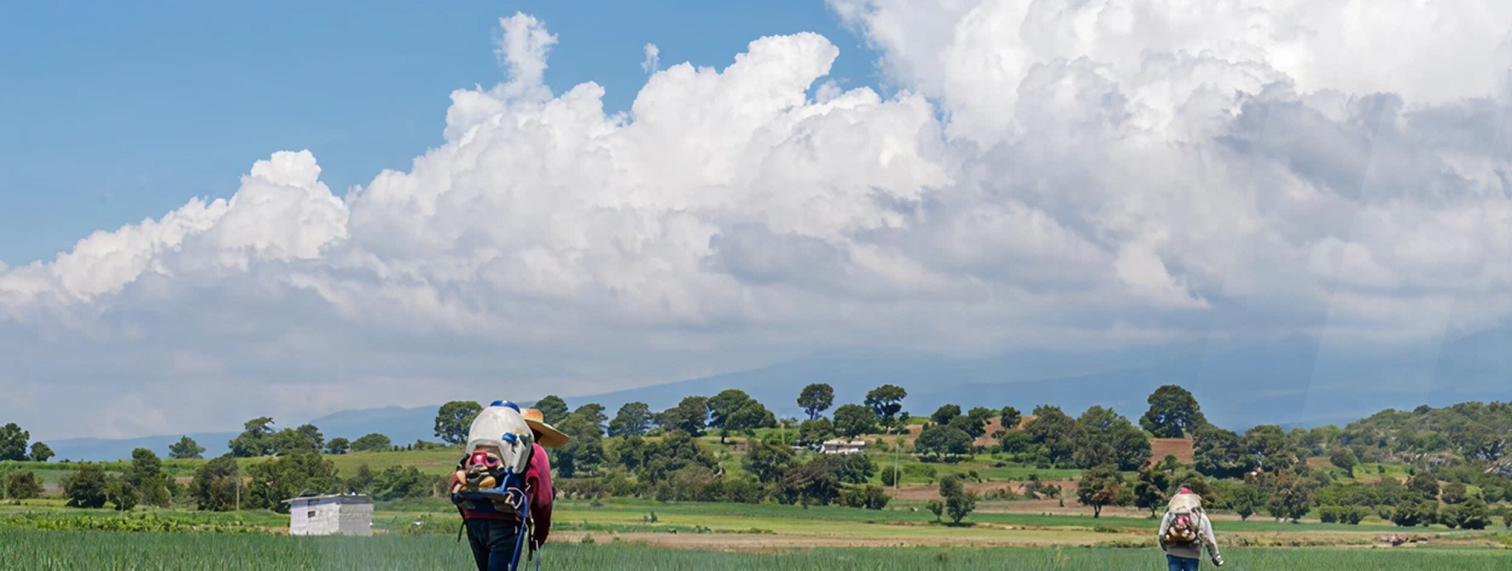Please Signup
I accept all terms and conditions
Author: SEARCA
Published Date: 1998
This publication describes a village-level study that measured the educational, economic and efficiency impacts of the Farmer Field Schools (FFS). FFS were established in the Philippines and other Asian countries to introduce farmers to discovery-based learning in dealing with pest management, in particular, and good crop management, in general. The ultimate aim of the school is to improve farmers’ decision-making abilities to cope with biotic (e.g., insect pest, weeds) and abiotic (e.g., water, soil weather) stresses. The study results and their implications are discussed in this publication.
This publication describes a village-level study that measured the educational, economic and efficiency impacts of the Farmer Field Schools (FFS). FFS were established in the Philippines and other Asian countries to introduce farmers to discovery-based learning in dealing with pest management, in particular, and good crop management, in general. The ultimate aim of the school is to improve farmers’ decision-making abilities to cope with biotic (e.g., insect pest, weeds) and abiotic (e.g., water, soil weather) stresses. The study results and their implications are discussed in this publication.
Get the latest policy insights, research highlights, and knowledge resources from across Southeast Asia delivered straight to your inbox.
